Schools in Pakistan's Punjab to reopen amid 'improved' smog conditions
Lahore and Multan divisions to remain excluded; masks mandatory amid other strict precautionary measures
News Desk
The News Desk provides timely and factual coverage of national and international events, with an emphasis on accuracy and clarity.
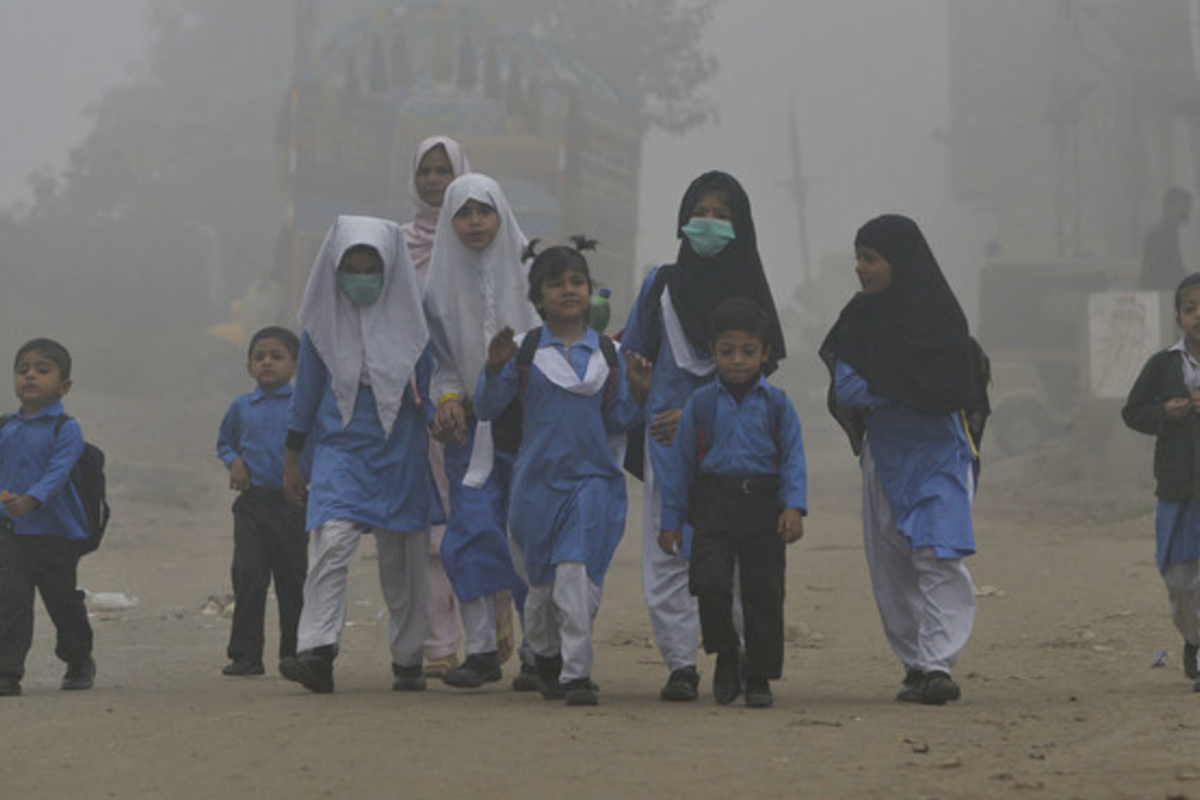
Pakistani children walk to school in heavy smog in Lahore on Nov. 6, 2017.
Schools across Punjab in Pakistan, excluding Lahore and Multan divisions, will reopen tomorrow following improved air quality, announced Senior Provincial Minister Marriyum Aurangzeb on Monday.
The provincial government's action comes due to changes in wind patterns that improved air quality.
Educational institutions will start no earlier than 8:45 AM, with strict precautionary measures in place, including mandatory masks for students and staff.
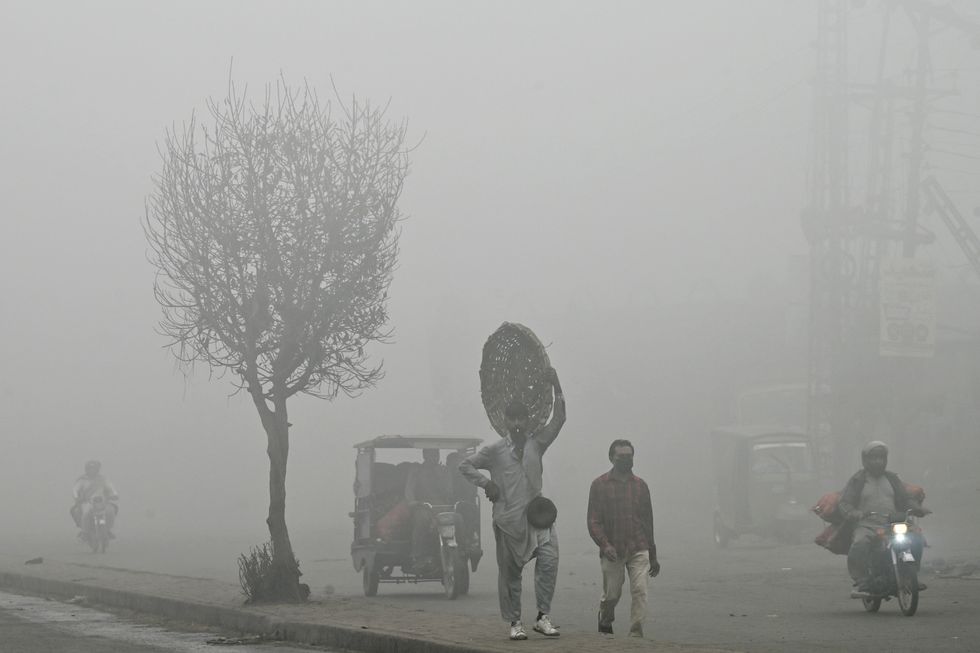
Outdoor sports and extracurricular activities remain banned, while staggered dismissal times aim to ease traffic congestion.
Marriyum Aurangzeb credited government efforts, including the Environmental Protection Agency (EPA), police, and district administration, for mitigating the smog crisis while prioritizing public safety.
Food outlet hours extended
Punjab's EPA has also announced extended operating hours for restaurants and hotels across the province, including Lahore, as smog levels decrease.
According to the notification issued Monday, all hotels, restaurants, and food outlets can now remain open until 10 PM, offering dine-in services, parking area dining, and takeaway options. The department has also lifted all restrictions on home delivery services.
The relaxation comes as environmental conditions improve across Punjab, attributed to recent rainfall and favorable changes in wind patterns. The new directive revises the stringent limitations previously imposed under the November 15 order.
Provincial authorities have directed all Divisional Commissioners and Deputy Commissioners to ensure smooth implementation of these relaxed restrictions. Meanwhile, the Environmental Protection Agency and the province's Smog War Room have begun implementing the new schedule, marking a gradual return to normal business operations as air quality shows signs of improvement.
'From hazardous to very unhealthy'
A day earlier, the air quality in Pakistan's smog-choked city of Lahore fell below the threshold considered "hazardous" for humans for the first time in two weeks.
The AQI index reached a daily average of 243, still "very unhealthy" but below the highest level of 300 considered "hazardous".
The level of PM2.5 particles was also more than 10 times higher than the level deemed acceptable by the World Health Organization.
The city of 14 million people close to the border with India peaked at a record AQI of 1,110 on November 14.
- YouTubewww.youtube.com
Punjab, home to more than half of Pakistan's 240 million people, closed schools in its major cities on November 6, then extended the closure to November 24.
The province also declared a “health emergency”, and restricted outdoor activities till 8 PM, enforcing a 'green lockdown'.
'War against smog'
From banning tuk-tuks and barbecues to demolishing old brick kilns, Pakistan's government pushed a series of measures to fight record-breaking smog.
But environmental activists and experts warn that the efforts hardly begin to fix a problem that leaves the country choking every winter, with Punjab, a region of almost 130 million people bordering India, bearing the brunt of it.
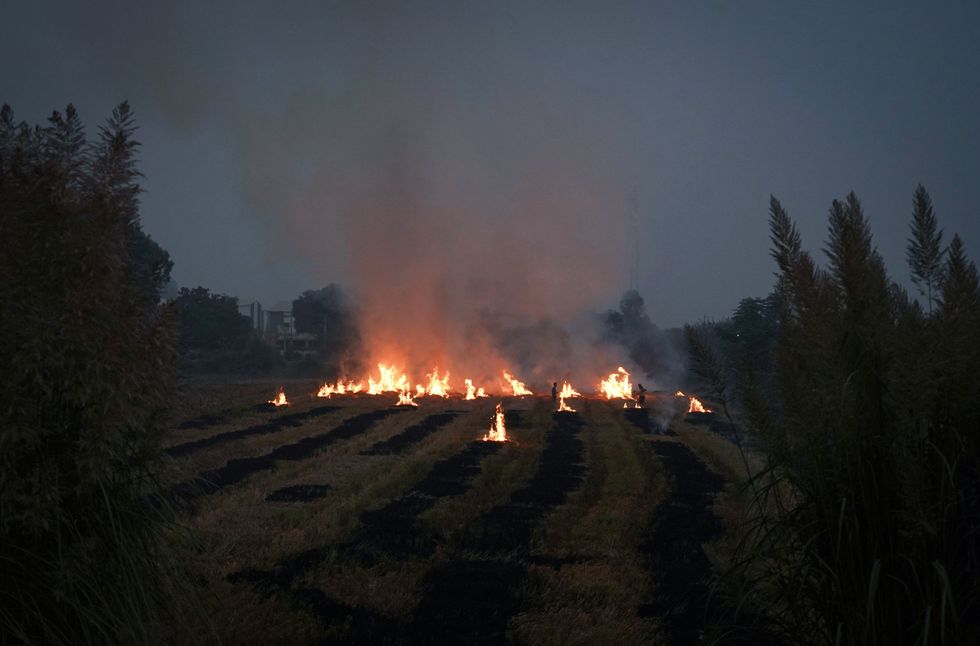
A mix of low-grade fuel emissions from factories and vehicles, exacerbated by agricultural stubble burning, blanket the city each winter, trapped by cooler temperatures and slow-moving winds.
The UN food agency FAO pinpoints transport as the main source of air pollutant emissions, followed by industry and agriculture.
Marriyum Aurangzeb, who declared a "war against smog", deployed police to fine farmers who use the slash-and-burn technique.
Officials are also targeting companies that fail to comply with orders to modernize their infrastructure.
"It is a good starting point", the Pakistan Air Quality Experts (PAQx) group, a coalition of 27 professionals spanning public health, environmental science, law, and economics, wrote in a letter to the government.
But more urgent action was necessary against the worst polluters, the group said, suggesting immediate curbs on heavy vehicles circulating at certain hours or a nation-wide shutdown of all brick kilns, old and new.


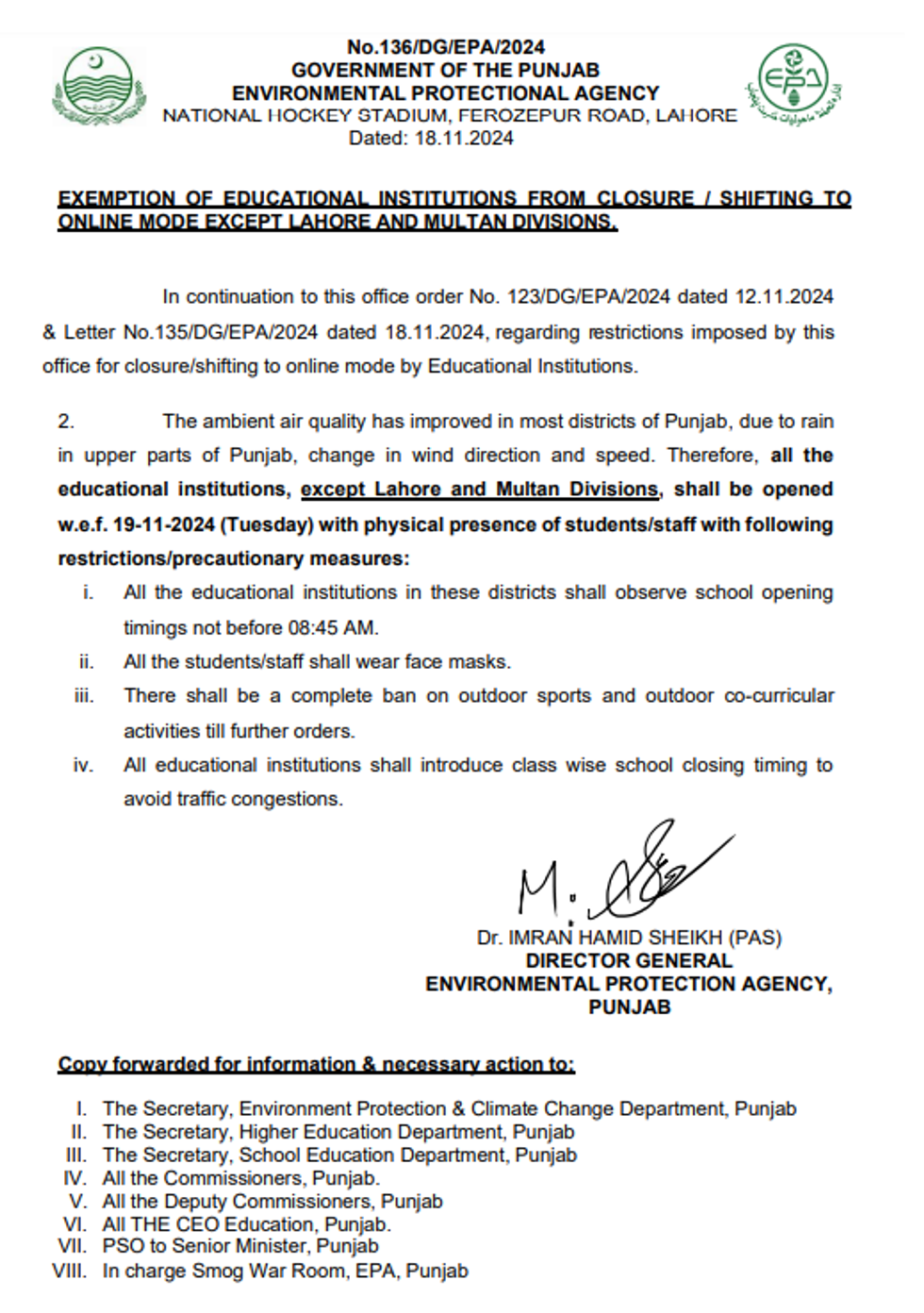
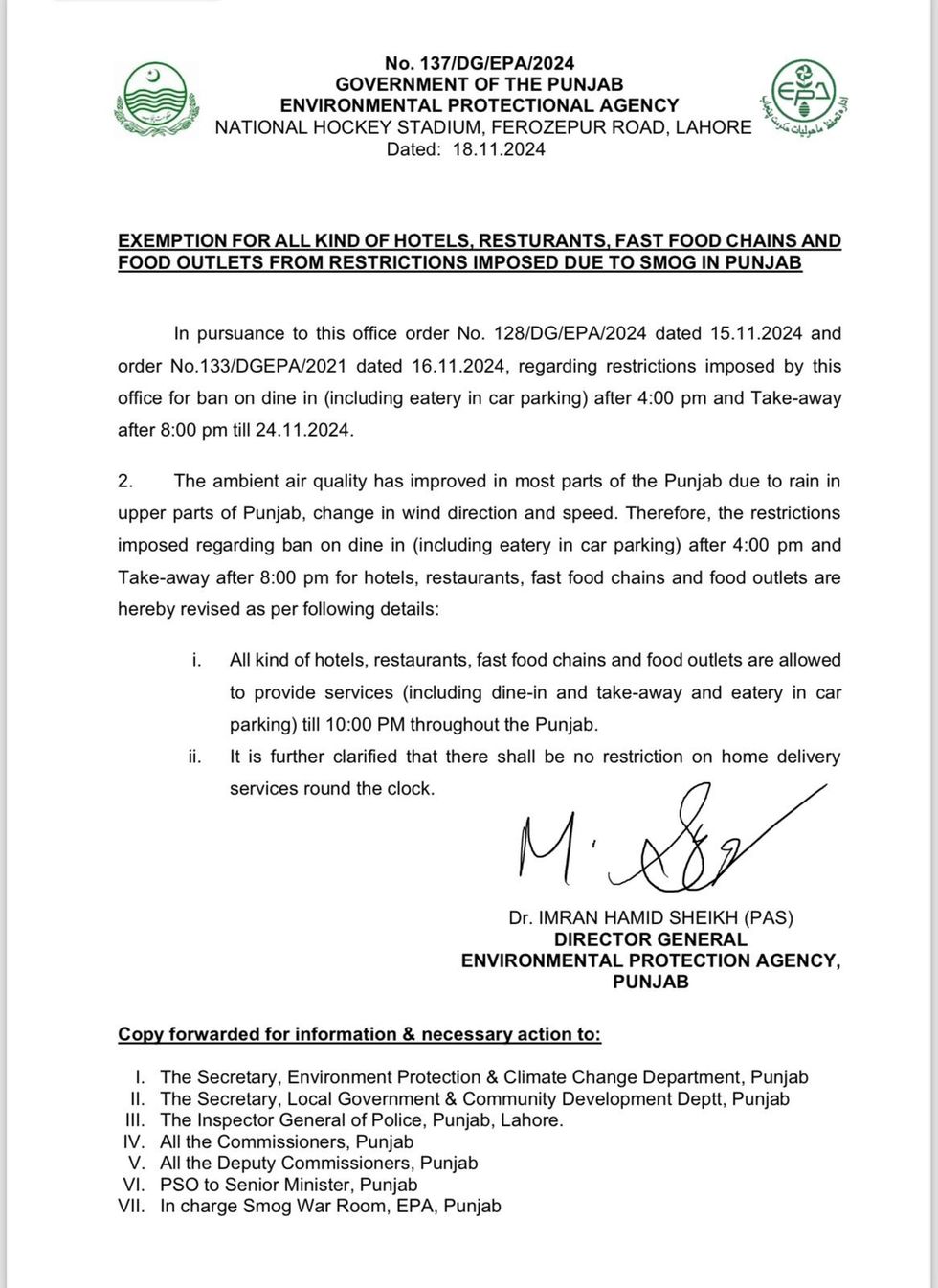






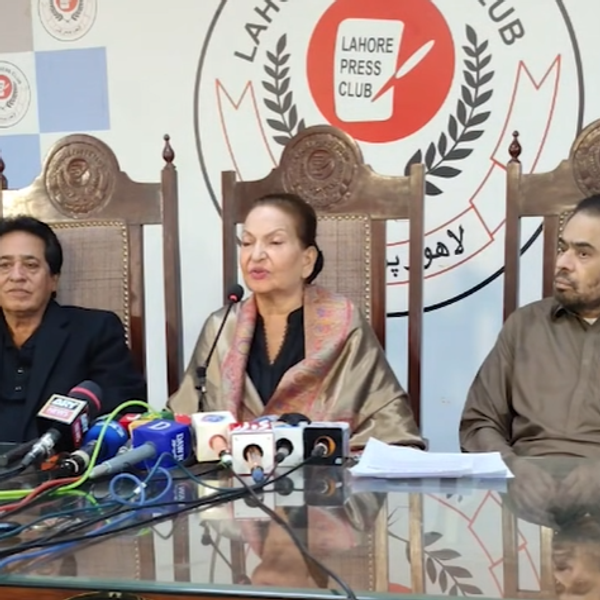

Comments
See what people are discussing